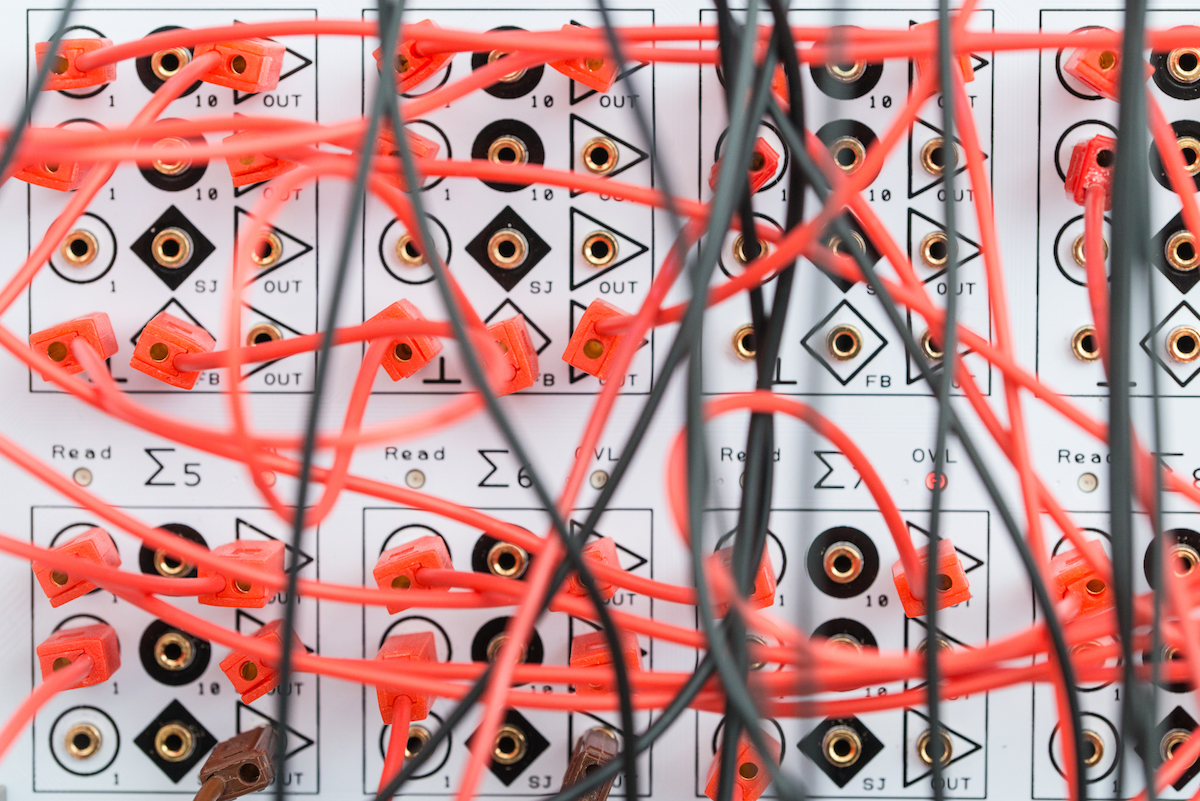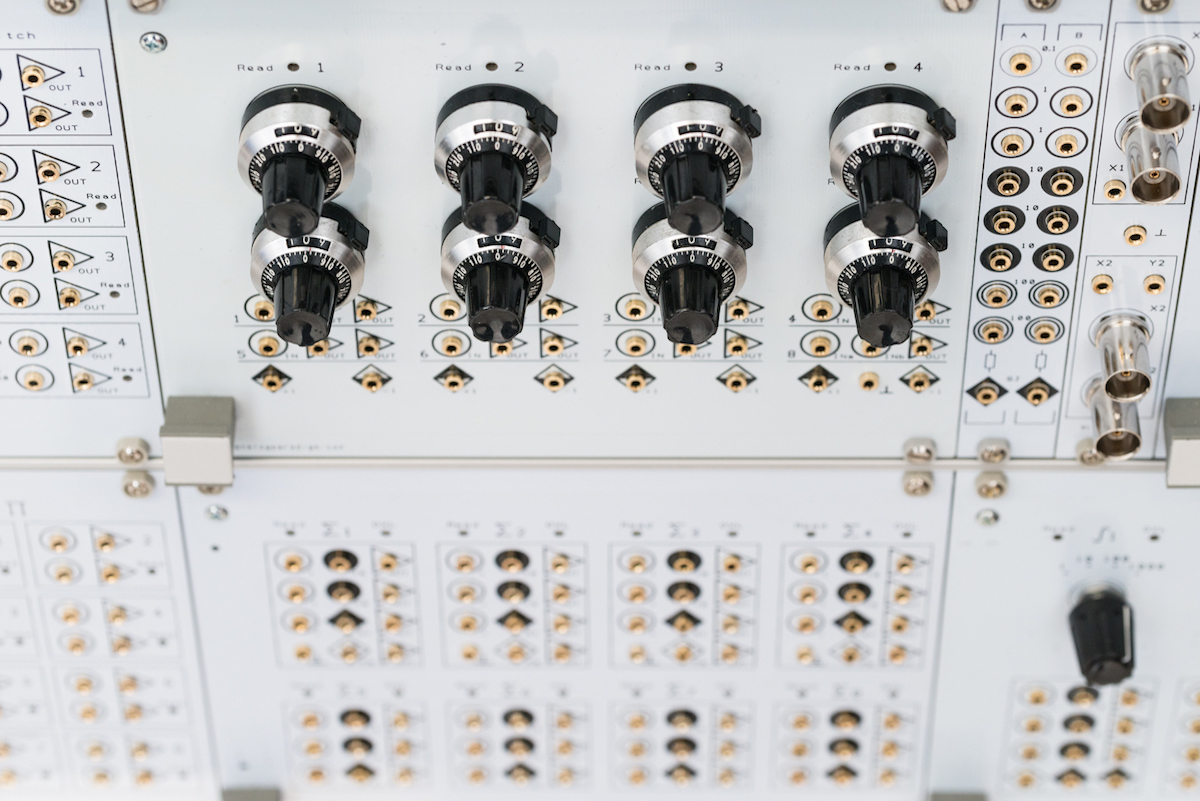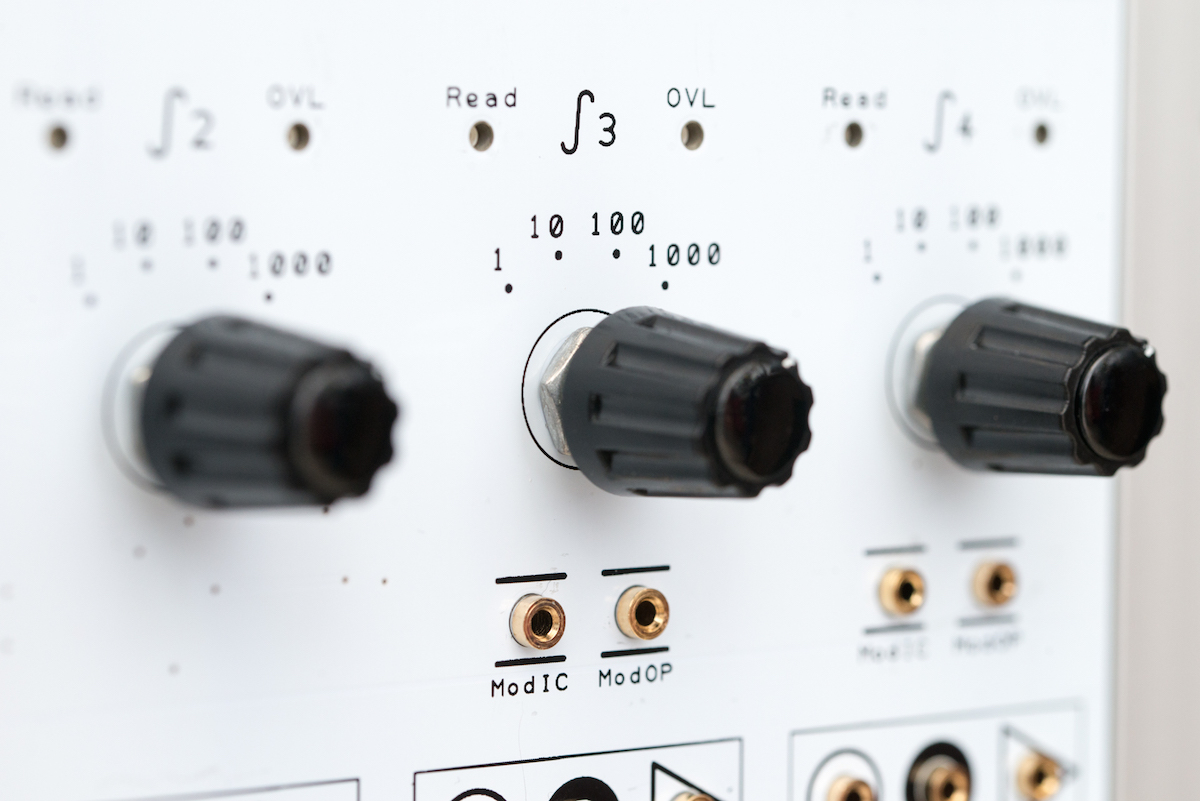Analog Paradigm
Isn't it strange? The world is quintessentially an analog place - not only with respect to data representation which is not digital but also, and even more important, with respect to it complete abstinence from algorithmic control.
There is essentially no natural process which is controlled by an algorithm. A blade of grass bending in the wind actually solves a partial differential equation (even a system of such equations) without ever resorting to an algorithm. It solves these equations by its very nature and it can serve as a model, a so-called analogon, to solve similar problems.
So, why don't we use computers based on analogies, too? Why do we rely on cumbersome algorithmic approaches to problems which can be readily solved by physical models? Why not make use of the idea of analog computers again? The time is ripe, the technology for building small, cheap and extremely powerful analog computers is available.
The aim of Analog Paradigm is to develop modern analog and hybrid computers (a hybrid computer consists of a traditional digital computer closely coupled with an analog computer) aimed at the following markets:
- Education: Nothing beats an analog computer in terms of clearness when it comes to get a "feeling" for differential equations, the behavior of dynamic systems etc.
- Research and development: Analog computers are able to deliver more computing power per Watt than current digital computer technologies.
- Embedded systems for industrial applications: Since analog computers are programmed by changing the interconnections between the available computing elements - there is no software, no operating system, yet even no storage that can be compromised. Thus analog computers are inherently secure from a cybersecurity point of view making them ideally suited for control in sensitive environments.
- Embedded computing for medical applications: Due to their low power consumption analog computers are ideally suited for application areas where low power demand is of prime importance, such as medical applications, signal conditioning etc.
- High performance computing: Analog computers offer unparalleled computing power and scale extremely well making them ideally suited to tackle problems which can be described by differential equations and systems thereof.
A typical example of application are Monte-Carlo simulations in the financial sector where differential equations must be solved over and over again for varying initial conditions. A so-called "hybrid computer" which consists of a traditional digital computer and an analog computer is the perfect match for such tasks: The digital computer takes care of the parameter variation while the analog computer solved the differential equations faster and more energy efficient than its digital counterpart.
The world is analog
and so should be computers!
Contact
Get in touch with us
Address:
Analog Paradigmc/o Anabrid GmbH Am Stadtpark 3
12167 Berlin
Germany


